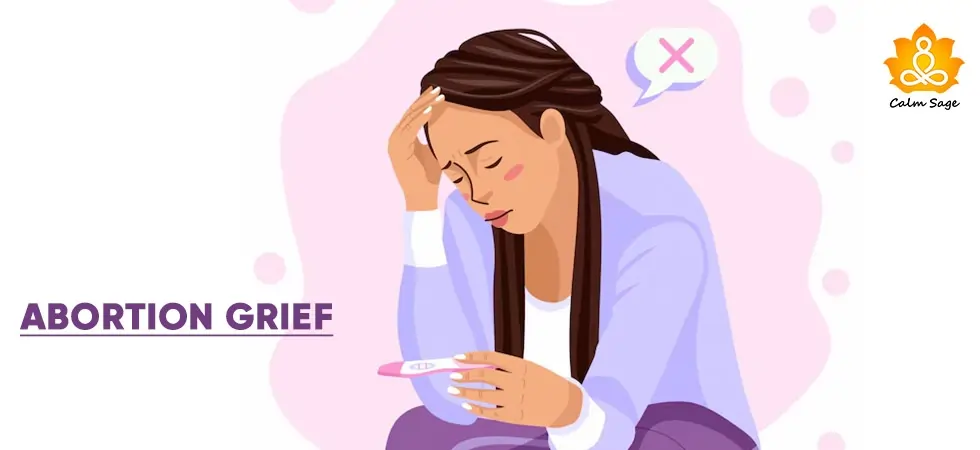Post-Adoption Depression in Parents: All You Need to Know
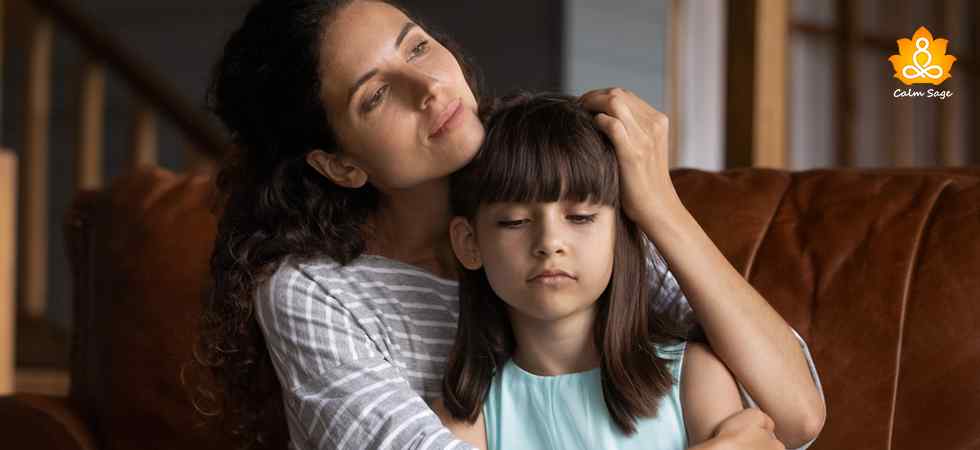
As a parent, you want the best for your child. You want them to be loved, and cherished, but most of all, you want them to live and grow up in a home where they are safe and happy. Giving birth to a child is an experience that leaves everyone in awe, but some parents can’t give birth – either due to biological or psychological reasons. This does not mean that they aren’t loving parents.
Whether your child is biologically born or adopted, you want to provide for them and give them a safe haven where they can be happy and healthy. Adoptive parents’ struggles are different. They go through a lot to welcome a child to their home and even then, their struggles don’t stop. Crossing societal and cultural barriers is one thing, but what about psychological barriers?
When the hard part – the adoption process – is over and parenting takes over, things may become slightly more real. All parents struggle to understand and meet the needs of their children. For adoptive parents, when the reality of being responsible for a child hits, it brings a set of problems that psychologists recognize as post-adoption depression or PAD.
While it’s not exactly the same as postpartum depression, it can carry similarities between each other. Let’s take a look at what is post-adoption depression syndrome, what causes it, how it looks, and what can new adoptive parents do to cope with the symptoms of PAD.
What is Post-Adoption Depression?
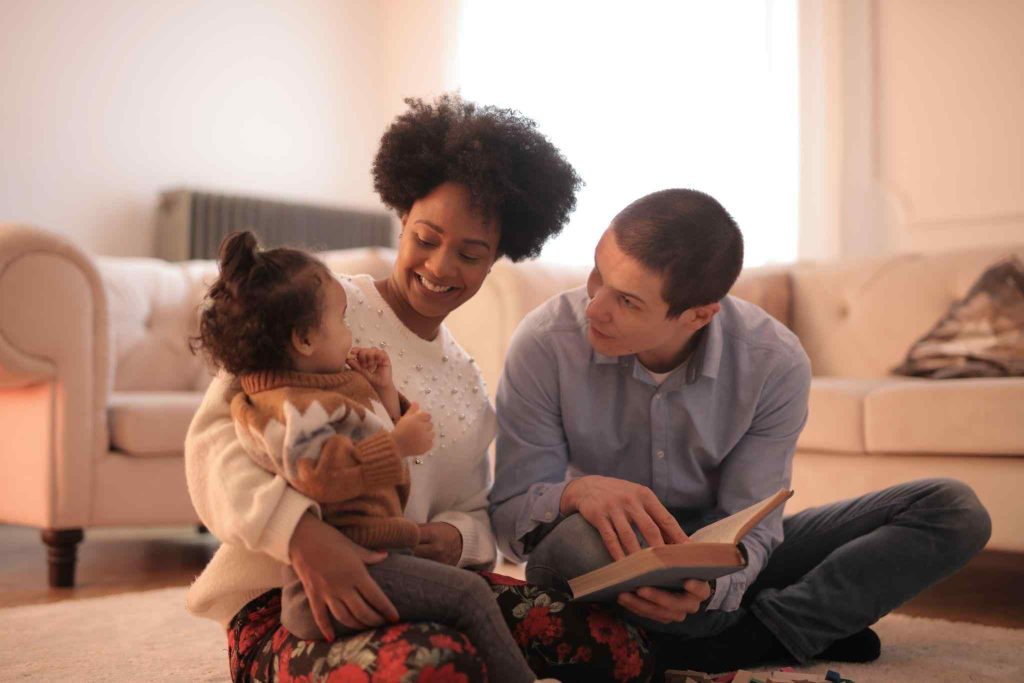
Adoption depression or PAD is officially unrecognized in the DSM-5 manual, but psychologists suggest that there are similarities between post-adoption depression and postpartum depression. Postpartum depression, however, is an official diagnosis.
If we talk about the definition of post-adoption depression, the condition can be described as experiencing feelings of intense sadness, hopelessness, and depression that occur after bringing a child home. Adoption depression hits when the reality of raising a child differs from the adoptive parents’ expectations and imagination.
Post-Adoption Depression: The Signs
Post-adoption depression symptoms vary from parent to the kind of environment the child is welcomed in. For parents, it’s normal to feel tired and constantly worried about their children. However, there are some common symptoms and signs that can point to post-adoption depression.
Here are some you need to be aware of;
- Extreme exhaustion or fatigue
- Sleep problems such as insomnia
- Lack of appetite or trouble eating
- Experiencing feelings of insecurity and not being good enough
- Not being able to perform well in daily activities
- Being overly critical of yourself
- Experiencing feelings of guilt and feeling ashamed
- Being unable to express or feelemotions aka experiencing emotional numbness
- Wanting to self-isolate or go into social isolation
What Causes Post-Adoption Depression?
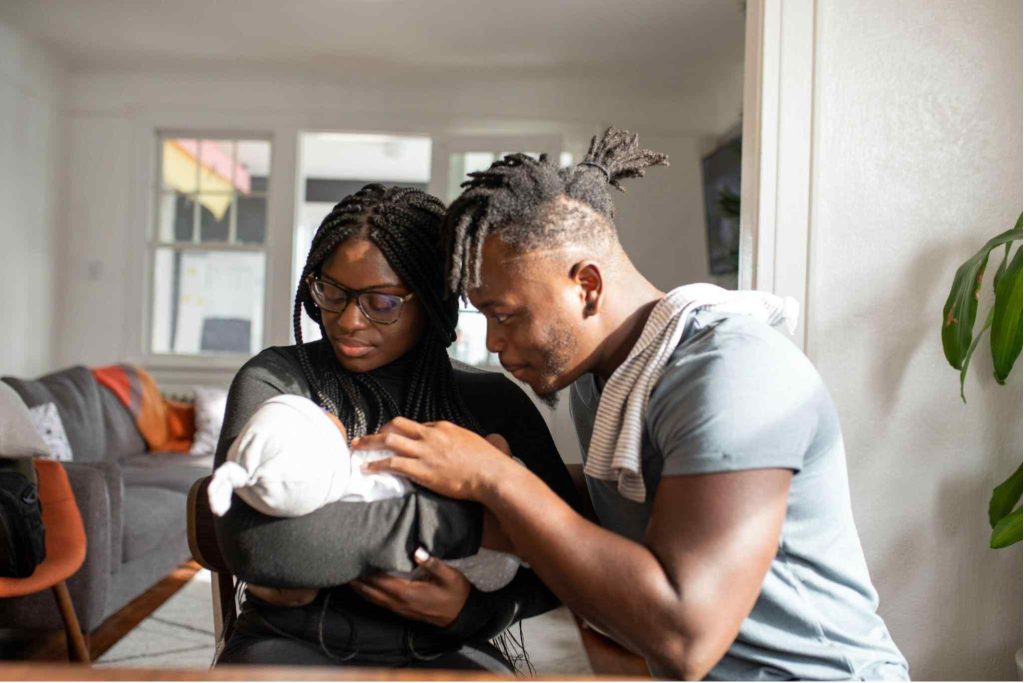
According to experts, here are some common factors that might contribute to post-adoption depression syndrome in new adoptive parents;
1. Parenting stress: New parents might feel insecure and feel that they are not enough to take charge of their new responsibilities as parents, which might make them feel stressed and eventually experience adoption depression.
2. Identity crisis: Some adoptive parents may also struggle with an identity crisis concerned with their role of being a parent. When their hopes and expectations are different and left unmet, it may make them feel depressed after adoption.
3. Unsupportive family: When the family and friends of the adoptive parents are unsupportive of their choice, it can also make them feel ashamed, guilty, and lonely. This can eventually lead to stress and over-worrying, which can later turn into depression.
4. Attachment issues: Then there is the additional worry of creating a bond between the adoptive parents and the adopted child. When the bonding is shaky or if the child has attachment issues, then it could also affect the parents.
5. Lack of support: Other than the unsupportive family, many avoid topics like adoption. When the adoptive parents don’t have enough social support, it can also cause them to feel socially isolated and withdrawn, affecting their mental health.
How is PAD Diagnosed?
While post-adoption depression isn’t officially recognized, it is often diagnosed as depression. A professional healthcare counselor or a therapist can help with the diagnosis process and can also suggest treatment options best suited for you and your family. The diagnosis process is similar to that of depression, but here are some important things to keep in mind;
A therapist may interview you and ask background questions about your –
- Symptoms of depression
- Family history (especially if there’s a relative with depressive disorders)
- Medical history (to help rule out other medical causes of your mood disorder)
- Effects of your depressive symptoms on your life, daily functions, and relationships (especially with your partner or adoptive child)
Post-Adoption Depression Treatment
Some common treatment options that can be recommended to treat post-adoption depression can include;
1. Psychotherapy
Therapy approaches such as cognitive-behavioral therapy (CBT), dialectical behavioral therapy (DBT), family therapy, interpersonal therapy, and family counseling can be recommended to treat and reduce the symptoms of depression after adoption.
2. Medications
This is an option that is explored when your symptoms are too severe. Medications can only be prescribed by a psychiatrist or a physician and can only be used as a last resort.
3. Support groups
Other options can include joining a support group of adoptive parents where you can share your experience with adoption, the concerns you have, the experiences you’re going through, and learn from the stories shared by other adoptive parents.
When no one else can validate your concerns, other adoptive families can and may also offer support and solutions to help with your daily issues.
Coping Tips For Adoptive Parents
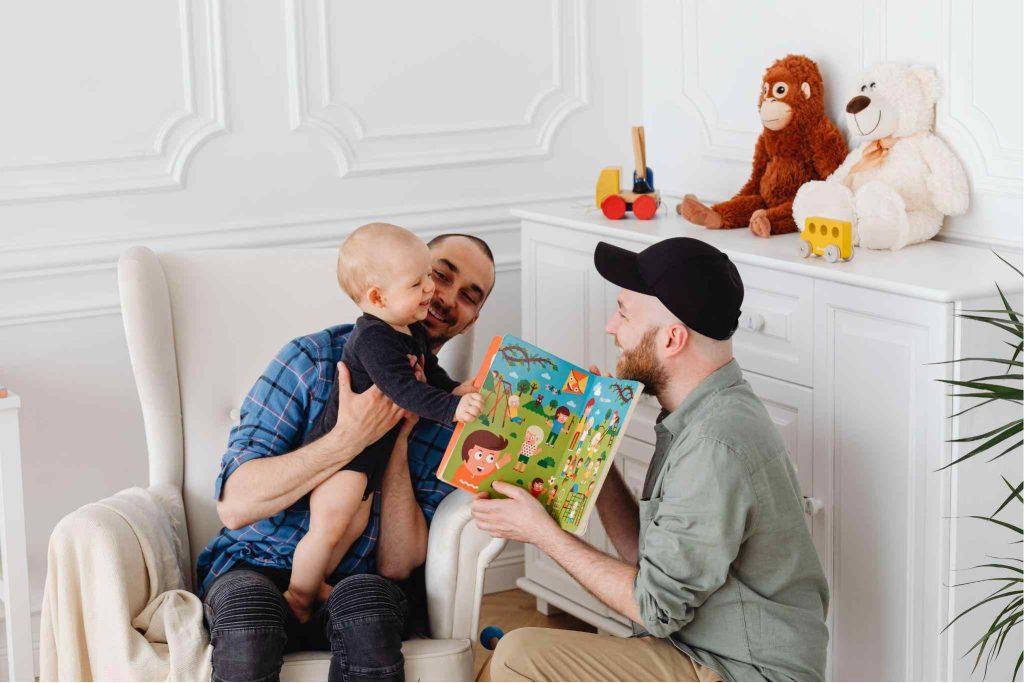
Other coping strategies that you can use to deal with the symptoms and signs of post-adoption depression can include;
- Know what you’re feeling is OK: There could be times when you’re feeling guilty for not being happy or ashamed for not being able to care for the child as you expected, but whatever you feel, remind yourself that it’s OK to experience all such emotions. It’s OK for adoptive parents to feel complicated emotions soon after adopting a child.
- Allow room for imperfections: During the adoption process, it’s normal to build expectations as a new parent. But, as you bring the child home, you may experience a completely different situation where the expectations you set earlier are all but gone. During this, remind yourself that it’s OK to be imperfect. You’re a human so allow some room for humanity.
- Seek support from others: Whether you reach out for professional help or accept support from other adoptive parents, remember that it’s OK to seek help. Sharing your worries and leaning on the experiences of others can help you cope and deal with parenting stuff. As a parent, you need to accept help and support from wherever you can find it.
Wrap-Up
Post-adoption depression might not be a recognized disorder but it does share similarities with postpartum depression. Adoptive parents – just like any other parent – struggle with day-to-day parenting issues and the reality of raising a child – biological or not. Along with the stigma around adoption and depression, it can make it even harder for new parents to seek support.
Reaching out for support and speaking to a professional might help you learn coping skills, and resources, and even get the validation you might not get from others.

Great for CBT Based therapists
-
$40/week, billed every 4 weeks
-
Therapy via messaging, phone, or live video chat
-
Specialization for CBT based Therapy
20% off your first month

Best for Treatment Plants
-
$60 to $90/week, billed every 4 weeks
-
Therapy via messaging, phone, or live video chat
-
Flexible cancellation at any time
$100 off your first month with code SPACE
I hope this blog helped you understand what post-adoption depression syndrome is, what causes it, how it affects new parents, and how to cope with the symptoms of PAD. For more, you can write to us at info@calmsage.com or DM us on social media.
Take Care!







